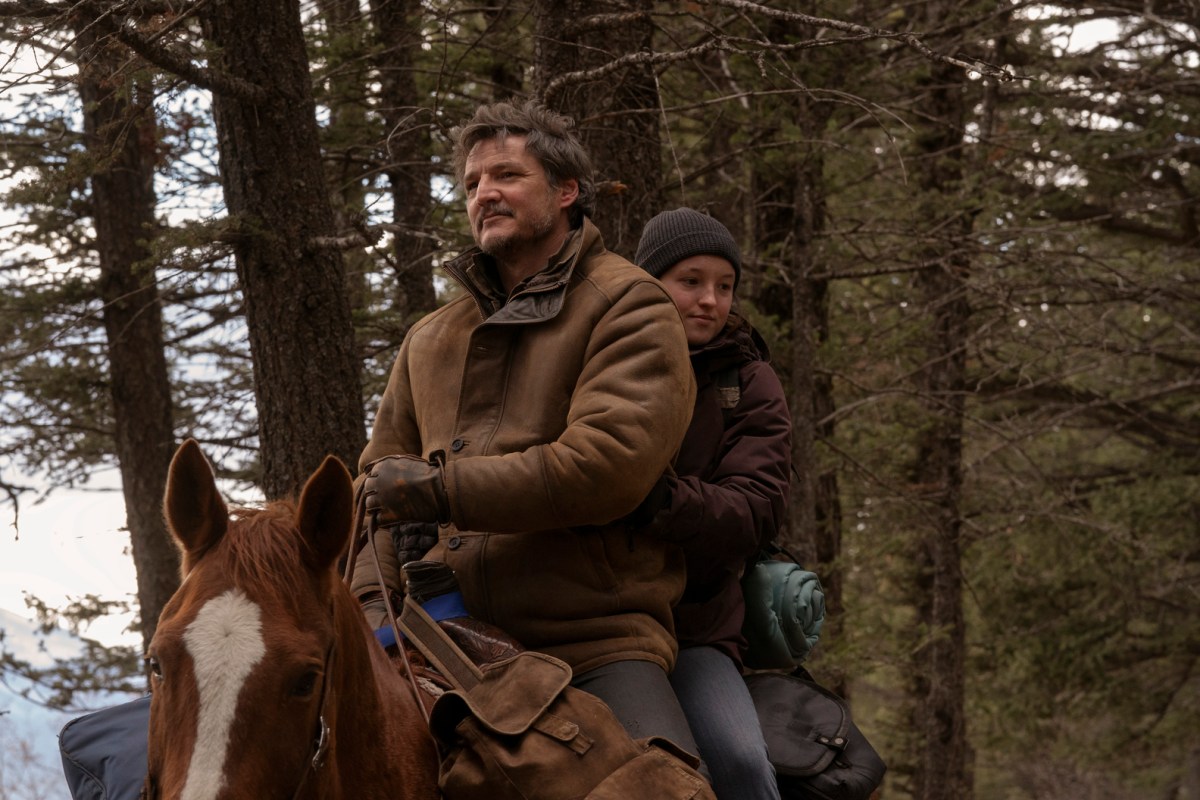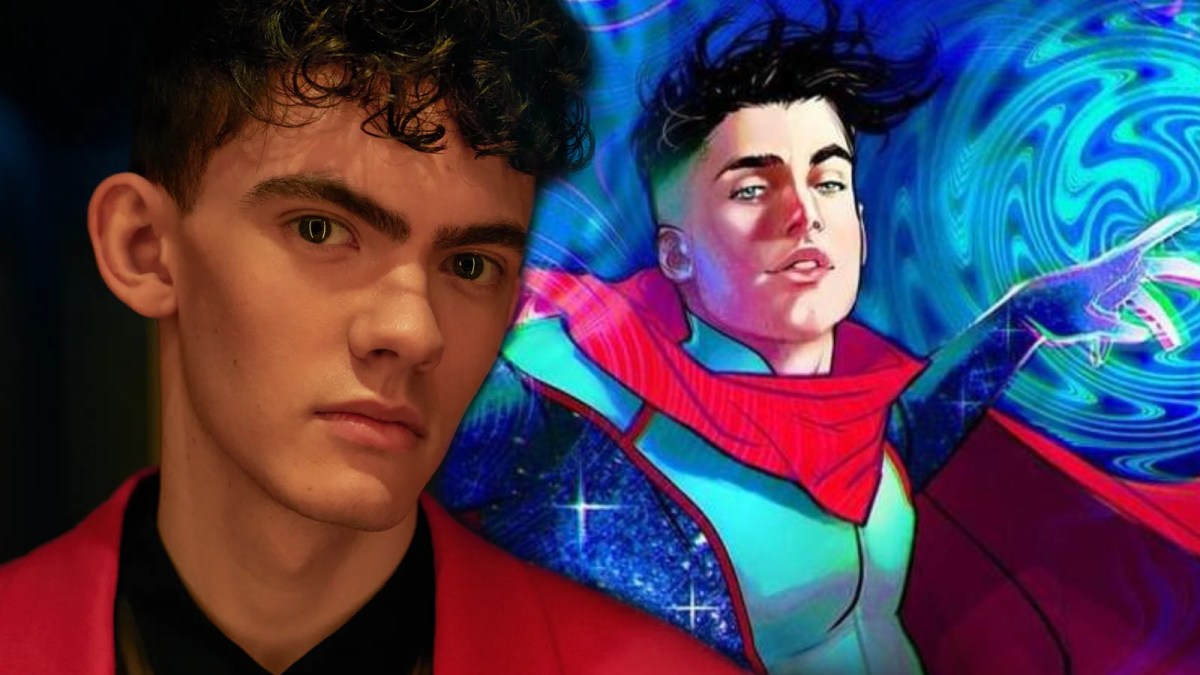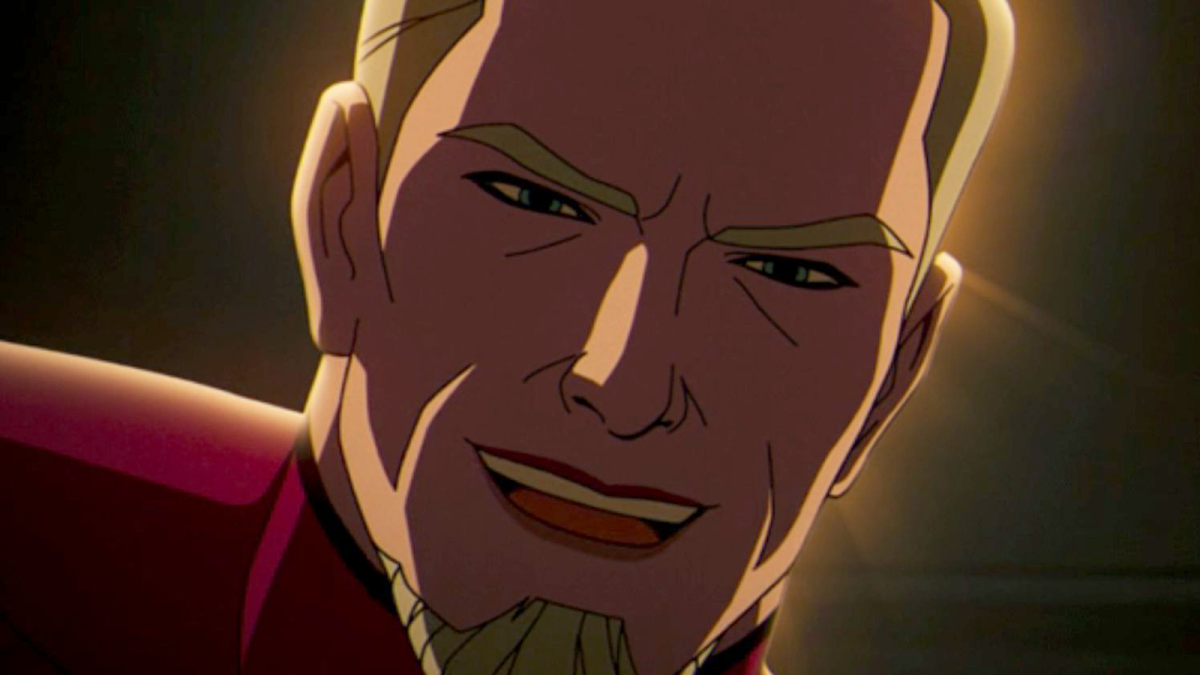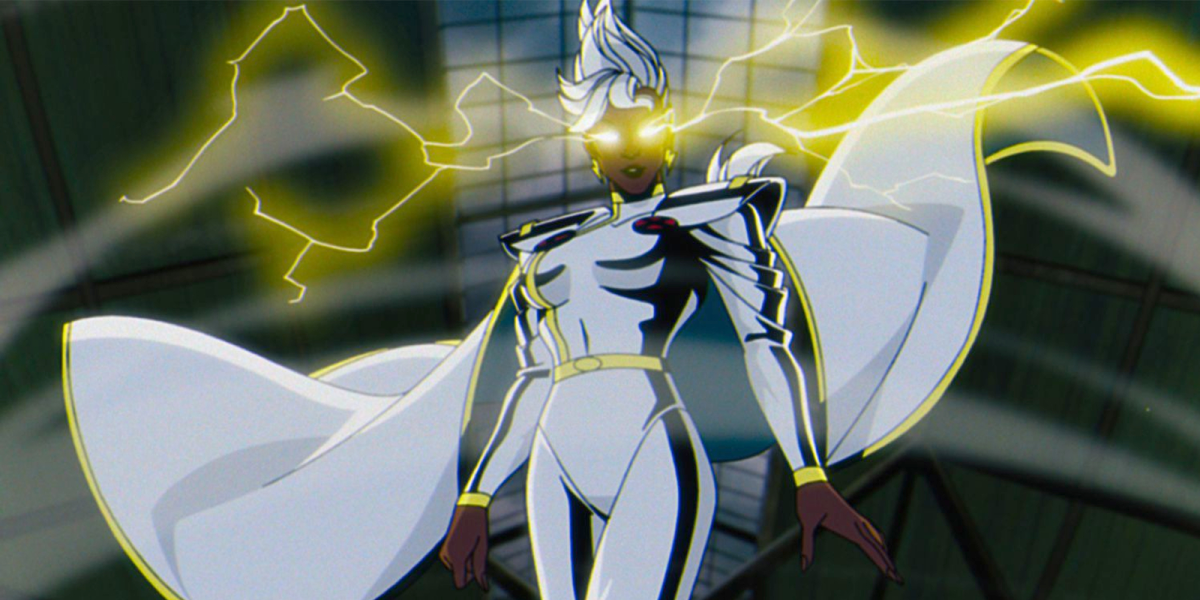This article contains spoilers for The Last of Us, The Lord of the Rings: The Rings of Power, and various MCU series up to Hawkeye in its discussion of storytelling and characterization over plot mysteries.
All too often, modern franchise storytelling leans on the mystery box as a way to generate easy narrative tension. The Last of Us is a welcome corrective to this trend, a show that succeeds in foregrounding character work over shocking plot twists.
Many modern franchise television and streaming shows sacrifice character at the altar of plot. Instead of developing the core cast, these shows bake in mysteries around characters’ identities and motivations. The Lord of the Rings: The Rings of Power is perhaps the most egregious example, building two central mysteries around the identities of its core cast: a stranger who fell from the sky who turns out to be a wizard (Daniel Weyman) and a mysterious sailor who reveals himself to be Sauron (Charlie Vickers).
However, there are plenty of other high-profile examples, particularly in other major franchise shows. The character of Agatha Harkness (Kathryn Hahn) drifts around the ensemble of WandaVision for seven episodes before the series makes the shocking revelation that it was “Agatha All Along.” The Falcon and the Winter Soldier waits until its finale to reveal that the largely listless Sharon Carter (Emily VanCamp) is really the villainous “Power Broker.”
Of course, the mystery boxes aren’t always hiding in plain sight. Sometimes they are just hidden, to be revealed at the last moment. Loki waits until its final episode to reveal that the mastermind behind everything is the ominous He Who Remains (Jonathan Majors). Hawkeye reveals that its big bad is none other than Wilson Fisk (Vincent D’Onofrio) in the cliffhanger to its penultimate episode, meaning that the show only has a single episode to establish its primary antagonist.
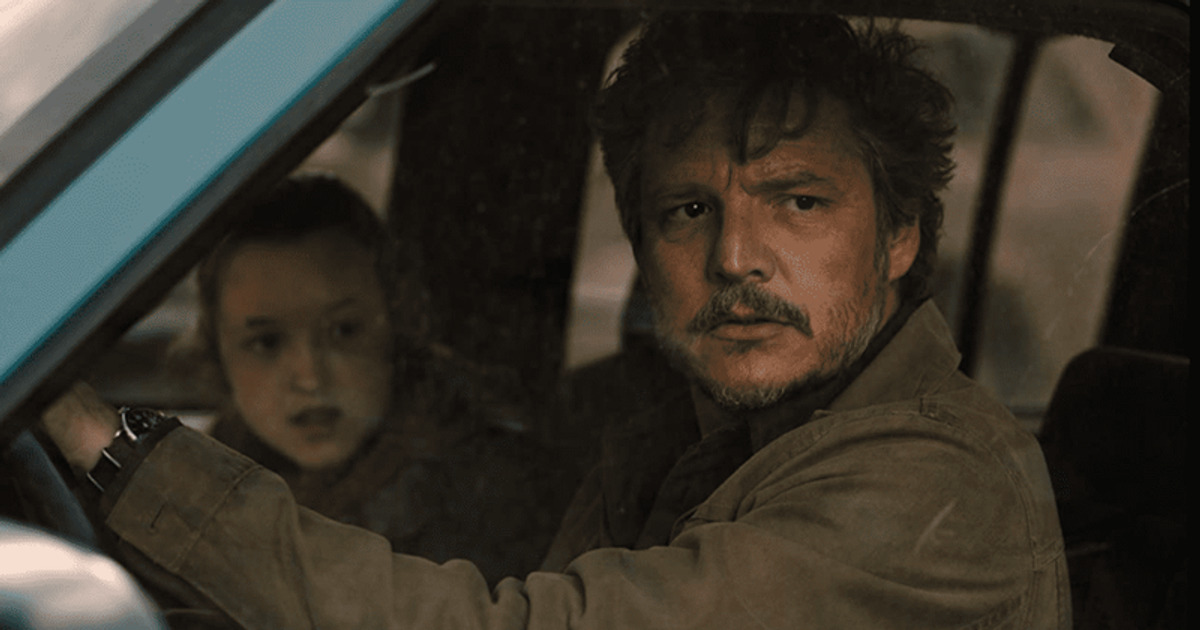
This trend is largely a result of a culture that values plot ahead of everything else, treating characterization as a secondary concern at best. On a superficial level, this approach to storytelling treats characters as the answers to trivia questions and asks the audience to engage in a game of “Where’s Waldo?” to try to spot the twist ahead of time. It’s an approach that appeals to a very specific sort of canon-fixated audience, but it is not one that lends itself to compelling narratives.
This approach prevents these shows from developing or exploring these characters, because that would risk giving the game away. Agatha and Sharon are part of the core cast on WandaVision and The Falcon and the Winter Soldier, but those shows can’t tell the audience anything about who these people are without tipping their hands. Similarly, preserving He Who Remains and Wilson Fisk as late-season surprises prevents Loki and Hawkeye from building credible antagonists.
That’s the problem with a mystery-box approach to constructing these stories. It ignores the importance of character development. These shows can’t tell the viewer anything about these characters because they are building to shocking revelations that are intended to catch the audience off guard. The hope is that the payoff will lead to a satisfying “a-ha!” moment that will linger in the viewer’s memory long enough to keep them watching. In reality, it’s often deeply frustrating.
The first season of The Last of Us offers an alternative to this model, demonstrating that it is possible to frame compelling questions around characters that are more than simply mystery boxes. In particular, The Last of Us is a show that is constantly providing the viewer with new information about its leads, Joel (Pedro Pascal) and Ellie (Bella Ramsey), in a way that invites the audience to continuously re-evaluate what they think they know about these people.
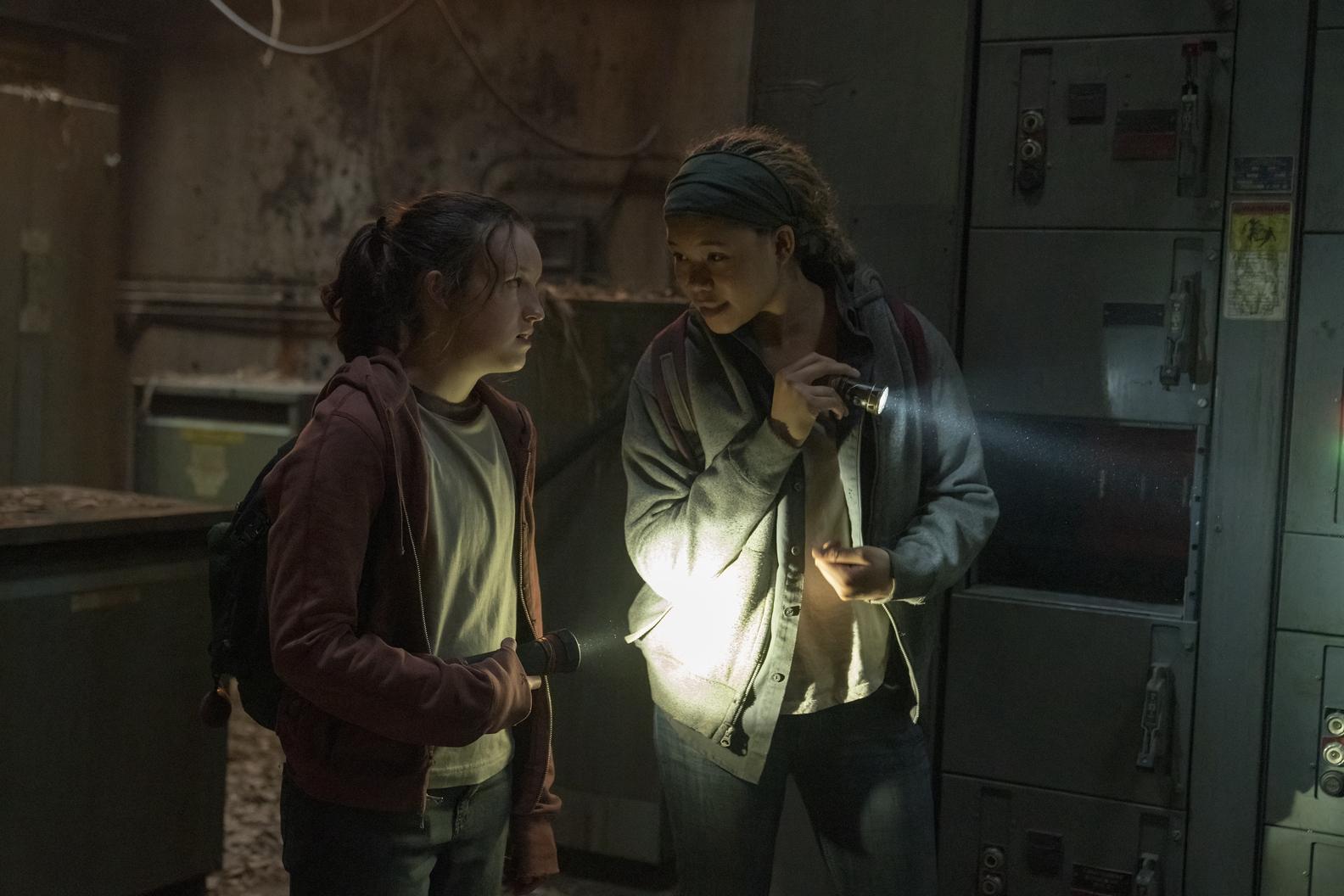
In particular, the second half of the first season of The Last of Us builds to two significant revelations about Joel and Ellie’s backstory. In the final stretch of the season, both characters make bold confessions that radically recontextualize details that the audience were given earlier in the season. Not only does the audience discover more than they thought they knew about Joel and Ellie, but they discover that a lot of what they were previously told was misleading — and even false. However, it doesn’t feel like a cheat.
Early in the season, Ellie fixates on a scar on the right side of Joel’s forehead. He explains that he got the wound when “someone shot at (him) and missed.” When asked if he killed his attacker, Joel replies, “No, I missed too.” In the next episode, Ellie explains that she’s noticed that Joel’s hearing is weaker in his right ear. “Is it ‘cause you were shot there?” she asks. Joel responds, “Probably more from shootin’.” Even early in the season, there is a sense that it is a self-inflicted wound.
In the season finale, Joel confesses to Ellie that the scar and the deafness are both the result of a suicide attempt. “It was me,” he explains. “I was the guy who shot and missed.” It’s a major revelation. It’s something that radically recontextualizes those earlier exchanges. It doesn’t contradict any of the finer details of Joel’s dialogue; somebody did shoot at him, and he did shoot at somebody. It just places those observations in a new light.
Indeed, the show is written so this revelation isn’t a sharp swerve. Midway through the season, Joel and Ellie encounter fellow survivors Henry (Lamar Johnson) and his younger brother Sam (Keivonn Montreal Woodard). Henry is similar to Joel, another survivor who has done terrible things to protect his family. When Sam is infected, Henry is forced to kill him. Henry then turns the gun on himself, paralleling that future revelation about Joel. He even places it to his right temple, just like Joel’s wound.
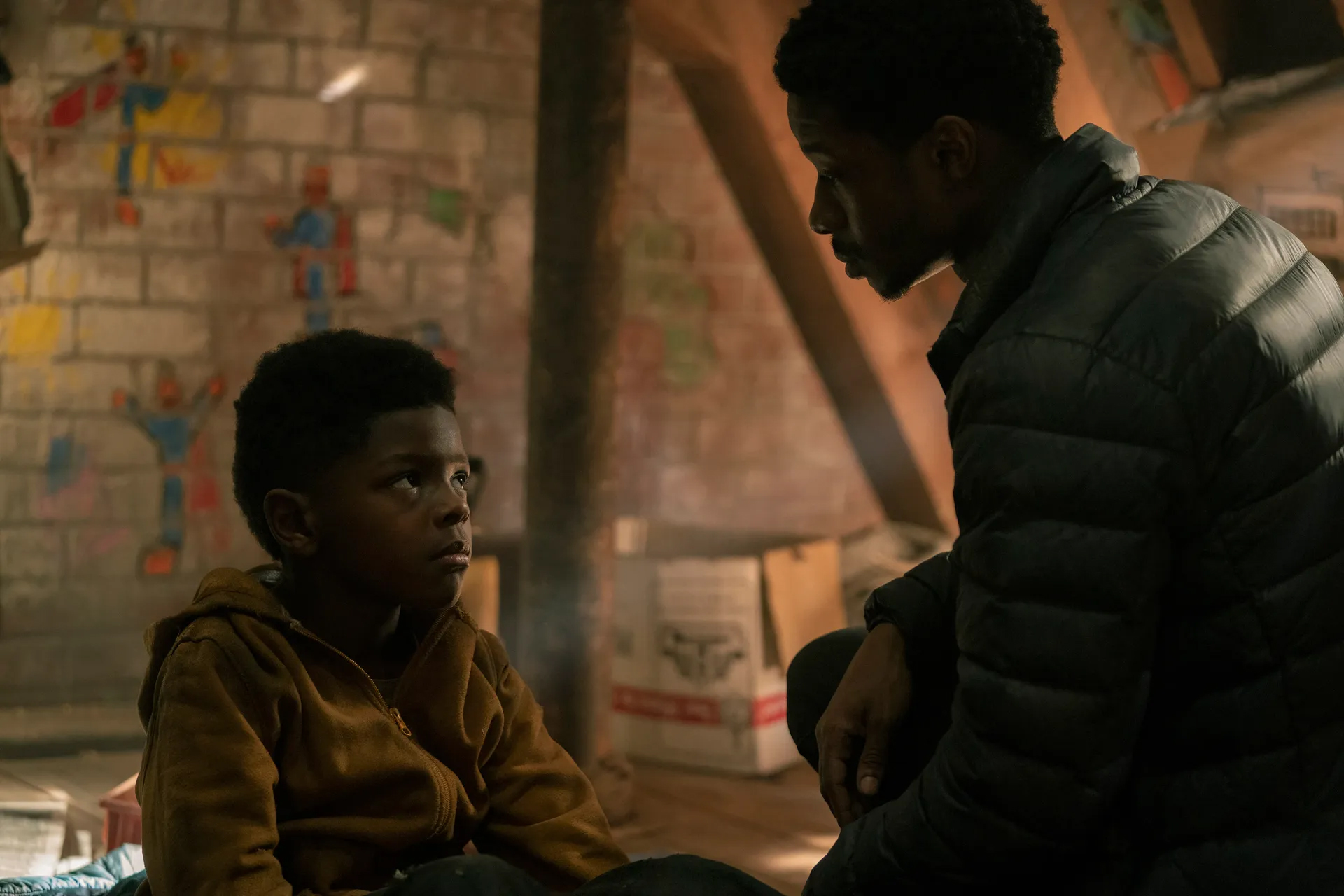
Joel’s suicide attempt isn’t a major twist in terms of plot. It doesn’t offer any game-changing information about FEDRA or the Fireflies. It doesn’t change the identity of any major character involved in the narrative. It doesn’t answer any lingering questions that the show had presented to the audience. Instead, it provides a missing piece of the puzzle with regards to Joel himself. It demonstrates he was truly lost in the aftermath of the death of his daughter, Sarah (Nico Parker).
Something similar happens with Ellie. In the show’s second episode, she offers an account of how she was bitten. She tells a story about how she was attacked in an abandoned mall. “So it was just you in there, alone?” Tess (Anna Torv) asks. After a beat, Ellie responds, “Yeah.” Later in the season, when Joel complains that Ellie shouldn’t have had to shoot another human being, she confesses, “It wasn’t my first time.” Naturally, these are all smaller details of a much more complicated tale.
That story plays out in the season’s seventh episode, “Left Behind.” Ellie was at the mall with her friend, Riley (Storm Reid). They were both bitten. Ellie was immune to infection, but Riley was not. The implication is that Ellie watched Riley turn and then had to kill her. This is not a shocking twist; Ramsey played that scene with Tess in such a way as to suggest that she lied about being alone. It doesn’t provide any answers to the show’s great mysteries. However, it explains a lot about Ellie.
The way that The Last of Us treats these revelations illuminates a lot about the show’s priorities. This approach leans more heavily on theme and character than it does on plot. The show is more interested in the people to whom these things are happening (and the people who are making these things happen) than it is in simply documenting events. The Last of Us understands that a story is more than just a plot delivery mechanism or a time-delayed spoiler dispenser.
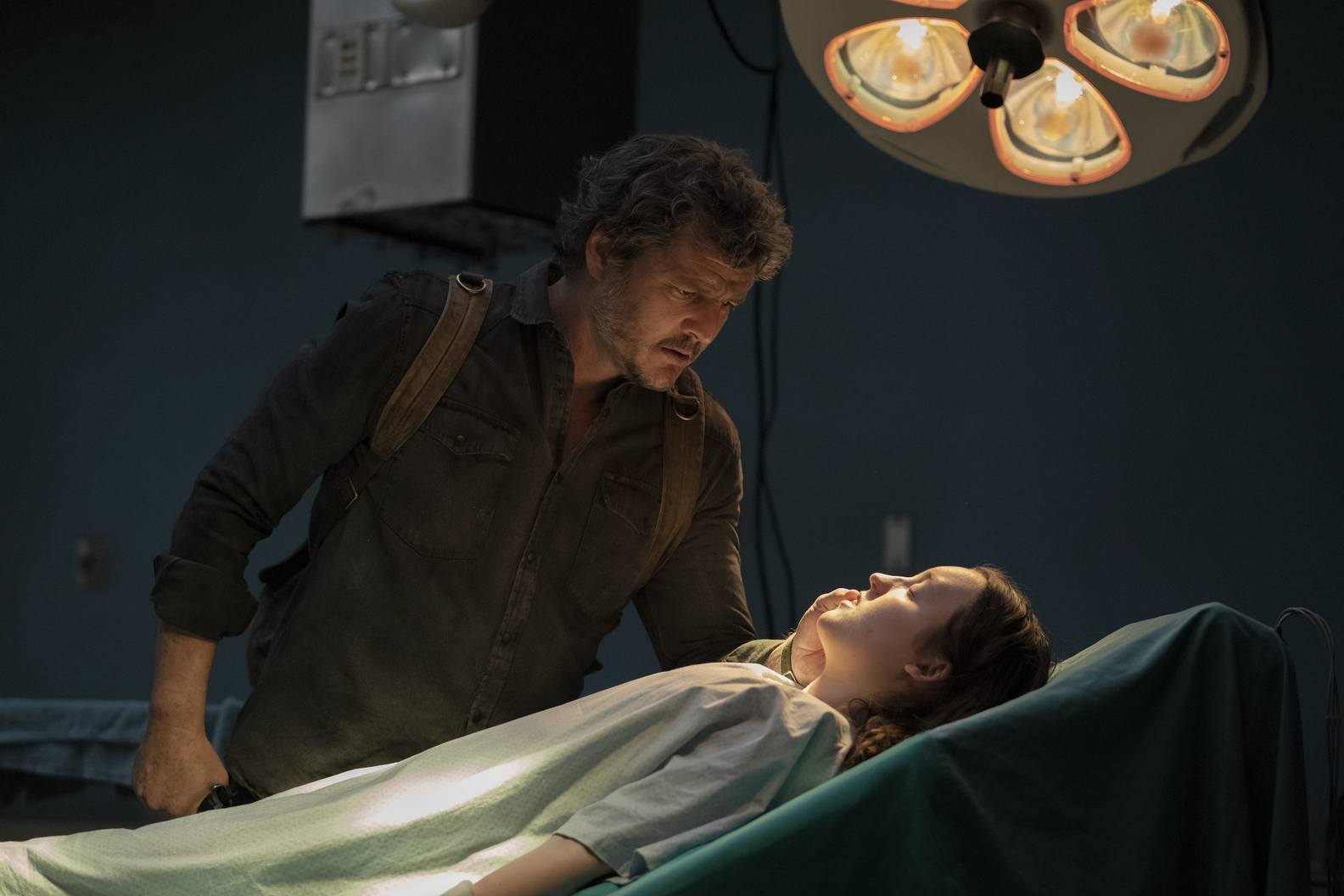
After all, it would be possible to tell some version of The Last of Us without these revelations. This is very literally the case with “Left Behind,” which is an adaptation of an add-on to the original game and so was not part of the original narrative. Any recap or summary of the first season of The Last of Us could easily skip over these details without confusing the reader. Even Joel’s confession about his suicide attempt happens in a quiet moment right before the finale’s big action beat.
This gets at what makes The Last of Us so special, particularly in a franchise landscape that can often seem more preoccupied with filming Wikipedia articles than in constructing compelling stories. It’s the same reason that criticisms of the show’s masterful third episode as “filler” feel so misguided, reflecting a culture that treats fan service and Easter eggs as ends unto themselves. Stories are more than just collections of things that happen; they’re also about what those things mean.
The Last of Us demonstrates that it is possible for a show to build compelling mysteries and revelations around its lead characters in an organic way without reducing them to mere plot functions. It’s a wonderful illustration of the difference between withholding details to hide a plot twist and delaying revelations to enrich a story.
Related: The Last of Us Newcomer Anna Was Supposed to Be Introduced A lot Earlier on We Got This Covered

